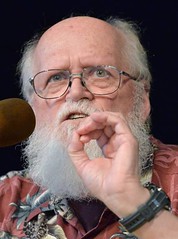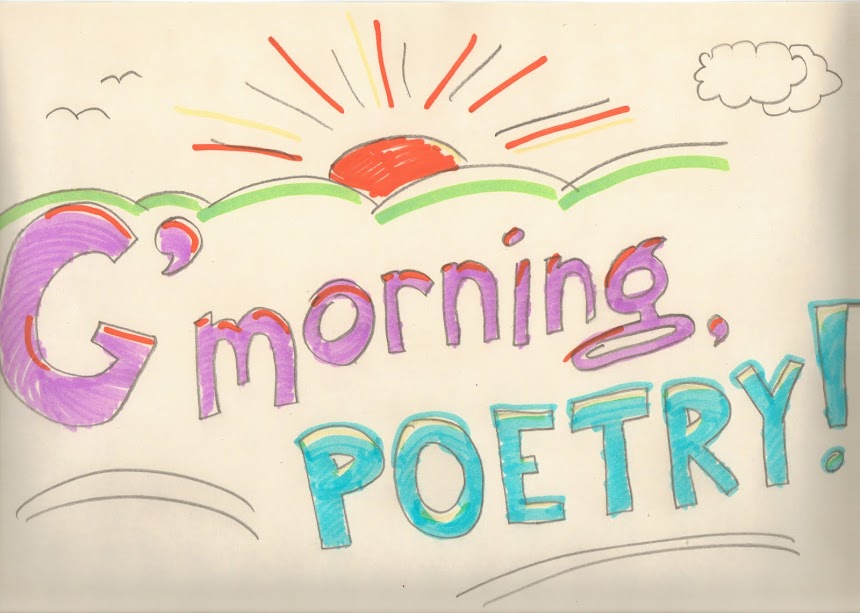Partner (totally said "yes, I did take out the garbage" but I totally didn't)
Bookstore cashier (totally got an employee discount by using my friend's card)
Some kid (totally said "hey, what's that over there?" and then I totally took the kid's candy bar)
Animal
Sparky (totally pretended we were out of puppy treats by saying "sorry, boy, no more puppy treats" when in fact we had totally like two or three puppy treats left)
 |
| "the Cheerio was this big, aight?" |
